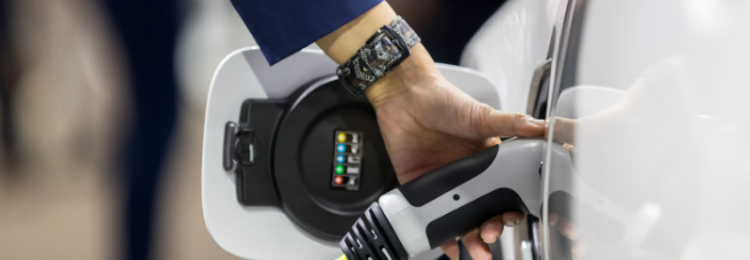University of Tokyo Researchers Unveil Game-Changing Cobalt-Free Lithium-Ion Battery
In a groundbreaking development, researchers at the University of Tokyo have introduced a prototype of a cobalt-free lithium-ion battery that could potentially revolutionize the electric vehicle industry. This innovation not only addresses the concerns surrounding cobalt mining but also significantly enhances energy storage capabilities.
Typically, conventional lithium-ion batteries (LIBs) contain cobalt, nickel, and manganese, with cobalt playing a crucial role in their chemistry. However, with increasing cobalt supply concerns and the ethical and environmental issues associated with its extraction, scientists have been diligently seeking alternatives.
One notable alternative that has emerged is Lithium Iron Phosphate (LFP) batteries, which are cobalt-free and offer a 30% cost reduction compared to standard lithium-ion batteries. Despite this progress, the University of Tokyo’s research team has taken it a step further.
According to Nikkei Asia, the researchers from the University of Tokyo have developed a unique battery with electrodes that combine lithium, nickel, manganese, silicon, and oxygen. This intricate blend enables higher voltage capabilities, promising a significant energy boost compared to cobalt-containing lithium-ion batteries.
The challenge in developing batteries with such components lies in their tendency to break down over time, rendering them unsuitable for long-term use. However, the researchers have made a remarkable breakthrough by introducing a newly formulated electrolyte, known as 3.4 M LiFSI/FEMC. This electrolyte plays a crucial role in creating robust passivation layers on the anode and ensures the stability of the electrolyte against degradations.
The result is a small coin battery prototype that retains an impressive 80% of its storage capacity after 1,000 charge and discharge cycles. The implications of this breakthrough are profound. The cobalt-free lithium-ion battery developed by the University of Tokyo not only provides a more sustainable and ethical alternative to traditional batteries but also offers approximately 60% higher energy density than Lithium Iron Phosphate batteries.
This increased energy storage capacity translates to longer-lasting and more powerful batteries for electric vehicles, smartphones, and other applications. Professor Atsuo Yamada of the University of Tokyo’s research team expressed enthusiasm about the technology’s future prospects and is open to collaboration with companies interested in commercializing this technology.
Additionally, the scalability of this innovation is advantageous, as existing production equipment can be utilized to manufacture these advanced batteries. This development aligns with the global effort to transition towards cleaner and more sustainable energy solutions, particularly in the electric vehicle industry where cobalt’s environmental and ethical concerns have been significant.
The unveiling of the cobalt-free lithium-ion battery prototype marks a crucial step in advancing electric vehicle technology and promoting a more sustainable future. Stay updated for further developments in this game-changing technology.
© 2023 TECHTIMES.com All rights reserved. Do not reproduce without permission.
Tags: University of Tokyo, lithium-ion battery, electric vehicle industry, sustainable energy storage, cobalt-free alternative, energy density

I have over 10 years of experience in the cryptocurrency industry and I have been on the list of the top authors on LinkedIn for the past 5 years. I have a wealth of knowledge to share with my readers, and my goal is to help them navigate the ever-changing world of cryptocurrencies.







